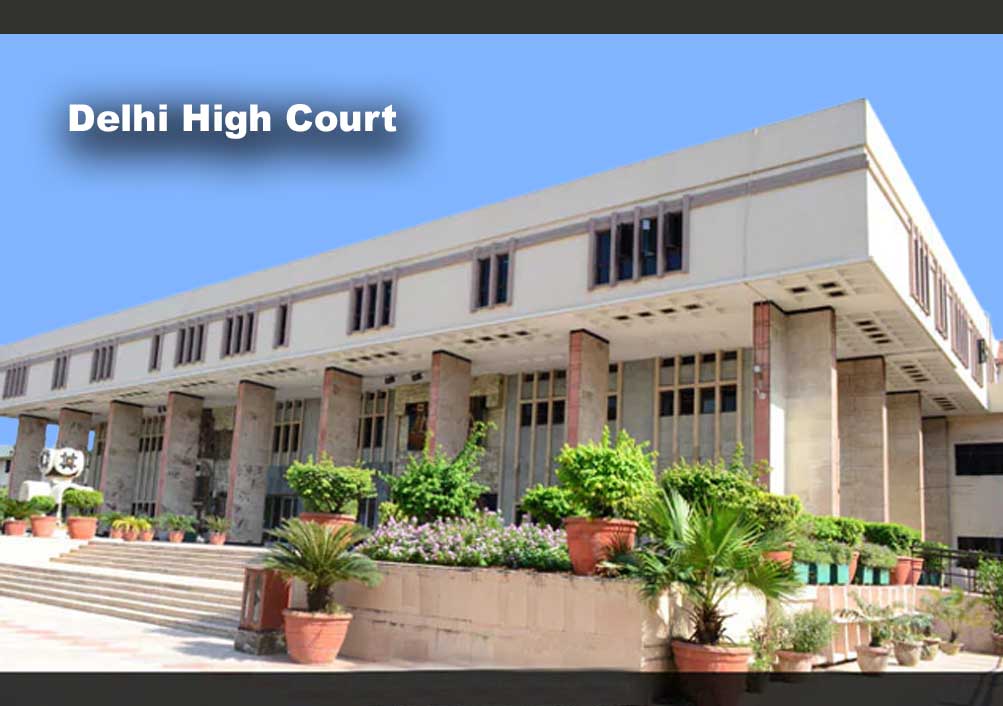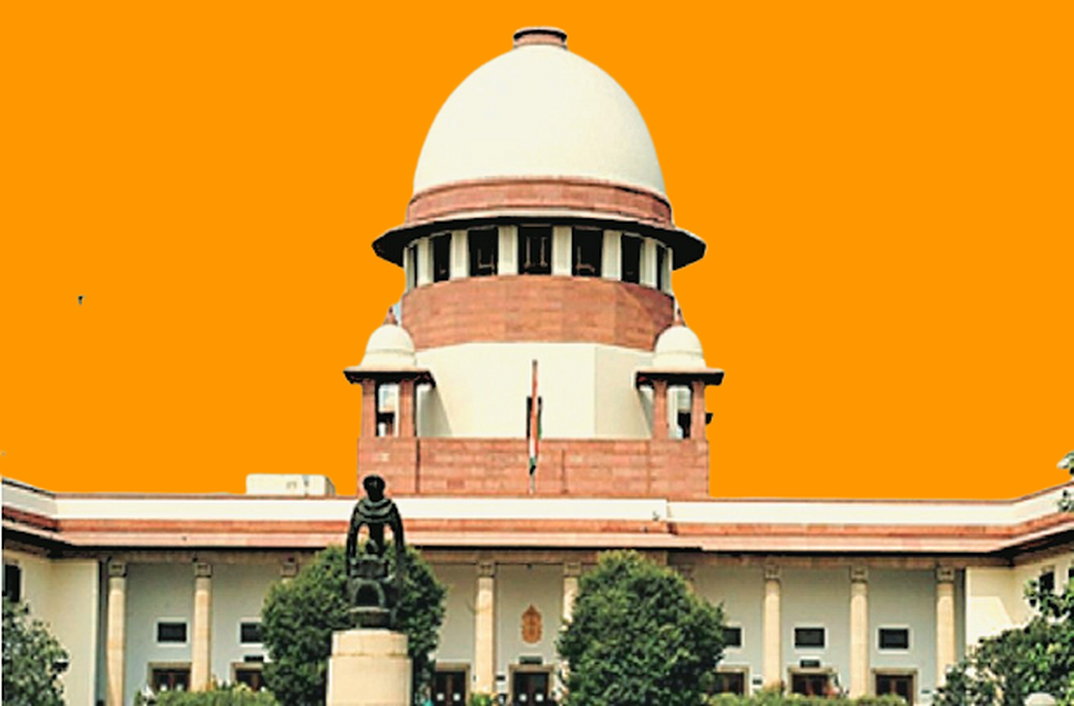Scope of sec.438 of Cr.P.C. cannot be extended to cases where apprehension of arrest is on account of jumping bail:Punjab & Haryana HC

Read Order- Pawan Kumar vs. State of Haryana and another
Tulip Kanth
Chandigarh, September 23, 2021: Referring to Section 438 of the Cr.P.C., the Punjab and Haryana High Court has observed that it is only upon an apprehension of arrest consequent upon initiation of some criminal proceedings that the said provisions can be invoked.
The Bench of Justice Gurvinder Singh Gill was hearing a petition seeking grant of anticipatory bail in respect of a criminal complaint under Section 138 of Negotiable Instruments Act, wherein the petitioner’s bail had been cancelled on account of his absence before the Trial Court on July 6,2019 and also on subsequent dates.
According to the Bench , the petitioner remained absent for a period of almost 2 years w.e.f. July 6,2019. Although the petitioner asserted that it was on account of the fact that his son went missing and that it was only in the first week of June, 2021 that he could be traced, but the said contention was not accepted by the Court in view of the fact that there was nothing to support the said contention.
While opining that no DDR in respect of the alleged absence/missing of his son had been placed on record,the Bench mentioned that the said contention had been cooked-up by the petitioner. Further, the contention that he was prevented on account of pandemic Covid-19, could also not be accepted as the said virus had not spread in July, 2019 and it was only later somewhere around the beginning of 2020 that the spread of said virus was noticed or identified.
The Court expounded that the words “reason to believe that he may be arrested on accusation of having committed a non-bailable offence”, as existing in section 438 Cr.P.C are very significant and show that it is only when a person apprehends his arrest pursuant to an accusation having been made regarding commission of non-bailable offence that provisions of section 438 Cr.P.C. may be availed of. In the instant case the accusation against the accused was made when the complaint came to be instituted and not when the petitioner jumped bail or when the arrest warrants were issued on account of his absence.
It is only when there is an apprehension of arrest of an accused upon an accusation having been made i.e. upon institution of FIR or lodging of complaint or otherwise having been summoned by the Court for the first time to face trial that a person may approach the Courts under provisions of section 438, Cr.P.C. seeking grant of anticipatory bail. The scope of section 438 of the Cr.P.C. can not be extended to cases where such apprehension of arrest is on account of jumping bail, noted the Bench.
Stating that the reasons assigned by the petitioner to justify his absence did not inspire confidence, the Court also made it clear that although the petitioner claimed that he remained under mental tension as his son went missing for two years but the fact that no complaint seemed to have been made to any authority in respect of his son showed hollowness of such claim.
Dismissing the Petition, the Bench added that this Court cannot lose sight of the fact that there would be certain cases where an accused is unable to appear before the trial Court on account of genuine reasons, say on account of having noted the date incorrectly or on account of certain reasons which are beyond his control. In such cases, the accused can surrender before the trial Court and it is expected that the trial Courts would take a lenient view in genuine cases and decide the regular bail application expeditiously.
In a given set of circumstances where the Trial Court is satisfied that there were valid reasons for the absence of an accused and that he has surrendered at the shortest possible time, the Trial Court can in fact dispose of the regular bail application on the very day the same is presented by accused upon his surrender. The trial Court, in its discretion, may also chose to grant interim bail, in fit cases, but only after surrender of accused. Thus, the Court ordered that the Petition stood disposed off accordingly.
Sign up for our weekly newsletter to stay up to date on our product, events featured blog, special offer and all of the exciting things that take place here at Legitquest.




Add a Comment